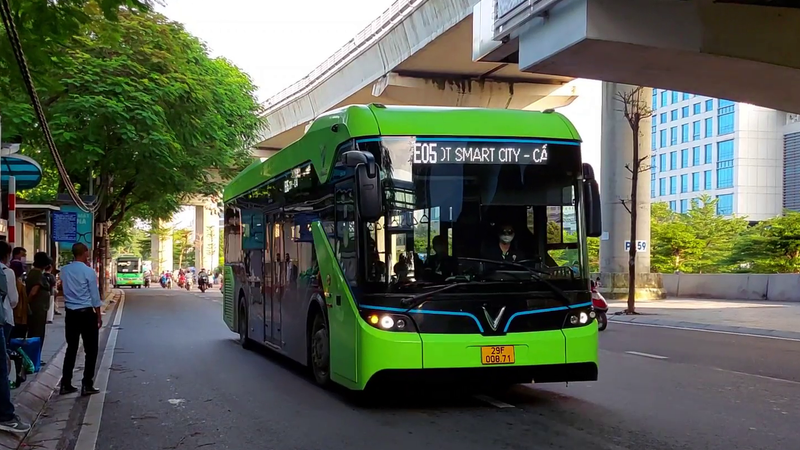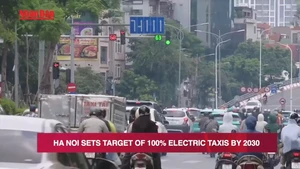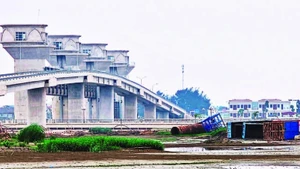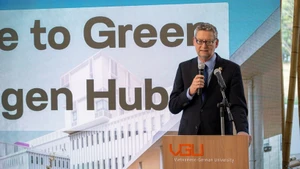In order to achieve the goal, the city has assigned the municipal Department of Transport to work with 11 public transportation service providers in the city on the conversion, said Quyen, adding that all the firms have shown support to the scheme.
The official said that to ensure the quality of the service after the conversion, the city will seek businesses that meet the requirements in both vehicles and service quality.
Dao Duy Phong, Vice Director of the Hanoi Department of Transport, said that the department has propose the launch of nine additional electric bus routes right in the first quarter of 2024.
However, Chairman of the Hanoi Transport Association Bui Danh Lien said that Hanoi’s ambition to complete the scheme 15 years ahead of the schedule is a tough goal.
Among the greatest difficulties in the work are capital mechanism and spare part supply, he said, stressing that the cost for the scheme is huge.
He underscored the need for the authorities’ support to bus service suppliers in policy and capital, along with efforts to boost the growth of spare part supply facilities to meet the increasing demand of spare parts for electric vehicles.
Lien suggested that along with importing spare parts, the city should promote domestic production, while carefully calculating the work to ensure electric buses can operate smoothly when the scheme is expanded.
















